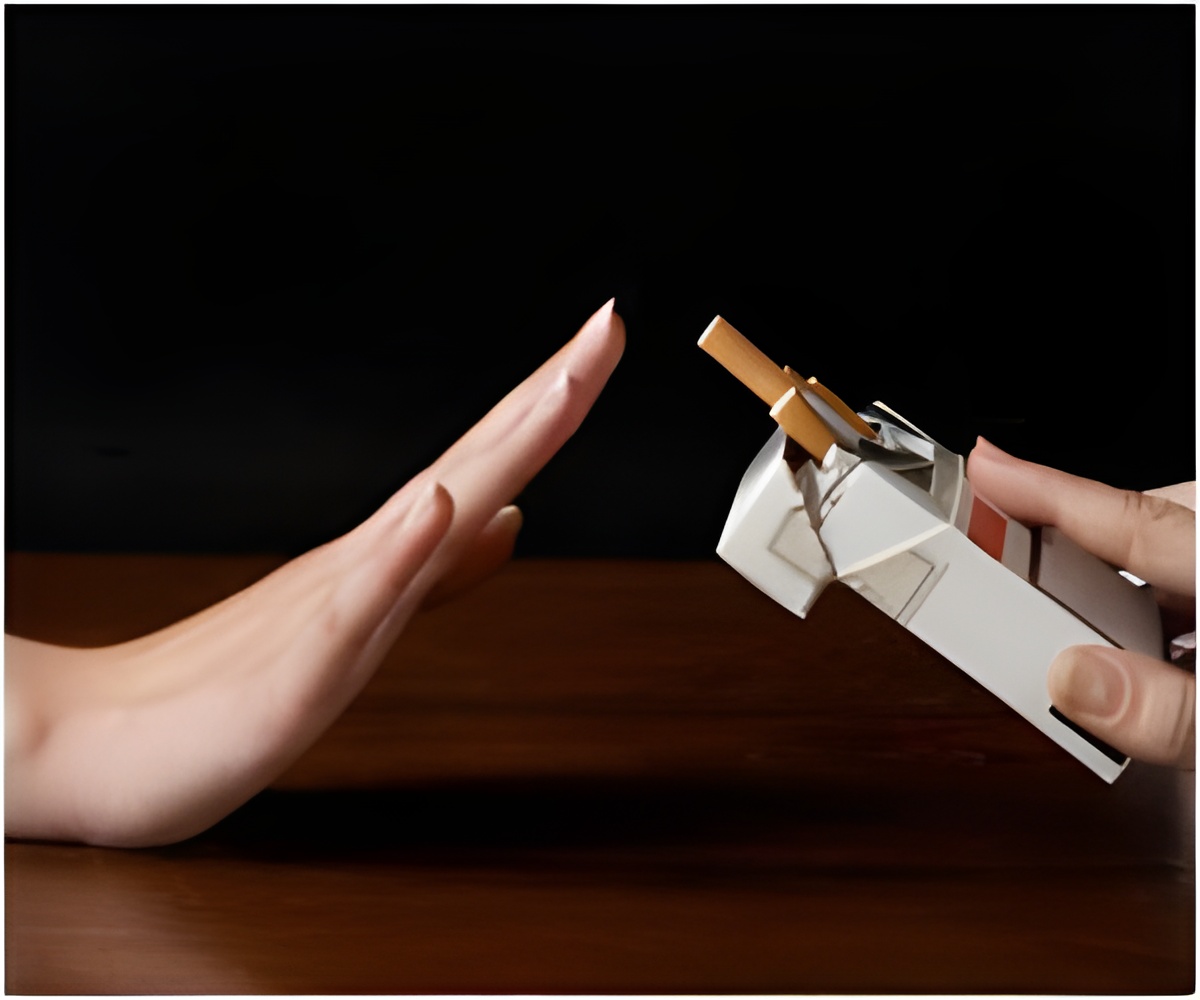A new study suggests that introducing patients to a simple four-part program can help increase the number of patients who manage to quit smoking before surgery.

Simple Intervention Increases Quit-Smoking Rate The study evaluated an intervention designed to promote smoking cessation in 168 smoking patients scheduled to undergo elective surgery. At clinic visits at least three weeks before their procedure, one group of patients received the study intervention, which consisted of:
- Brief counseling (less than five minutes) by a nurse
- Brochures on smoking cessation
- Referral to a quit-smoking telephone hotline
- A six-week supply of nicotine patches, provided free of charge
The other group received no specific quit-smoking intervention or advice. The two groups were compared for their rates of smoking cessation at the time of surgery, confirmed by breath test. Most patients in both groups were still smoking when admitted to the hospital for surgery. However, the smoking cessation rate was higher for patients assigned to the quit-smoking intervention: about 14 percent, compared to four percent in the control group.
With adjustment for other factors, patients in the intervention group were four times more likely to stop smoking. About one additional patient quit smoking for every nine patients enrolled in the program. Thirty days after surgery, patients assigned to the quit-smoking program were still more likely to say they had stopped smoking: 29 versus 11 percent. (However, smoking status at follow-up was not confirmed by testing.)
No Significant Effect on Complication Rates The overall risk of complications before and after surgery was similar between groups: about 13 percent for patients assigned to the quit-smoking program and 17 percent in the control group. The authors hope this finding "will help to dispel [the] erroneous belief" that quitting smoking shortly before surgery somehow increases the risk of pulmonary (lung-related) complications.
Patients in the intervention group also had a shorter time before discharge from the recovery room after surgery. About half of patients received telephone counseling from the quit-smoking hotline.
Smokers are at increased risk of complications after surgery—especially problems related to breathing and poor wound healing. Hospitalization for surgery is considered a "teachable moment" to encourage smoking cessation.
Advertisement
The results show that the program increases the percentage of patients who quit smoking before surgery, and may increase the number who remain abstinent from smoking one month later. It provides a simple, effective, and practical way to encourage smoking cessation—without increasing demands on doctors' and nurses' time. Dr Lee and colleagues conclude, "This intervention, and its straightforward implementation, dispel frequently raised objections to more active participation of anesthesiologists in preoperative smoking cessation programs."
Advertisement
Source-Eurekalert














